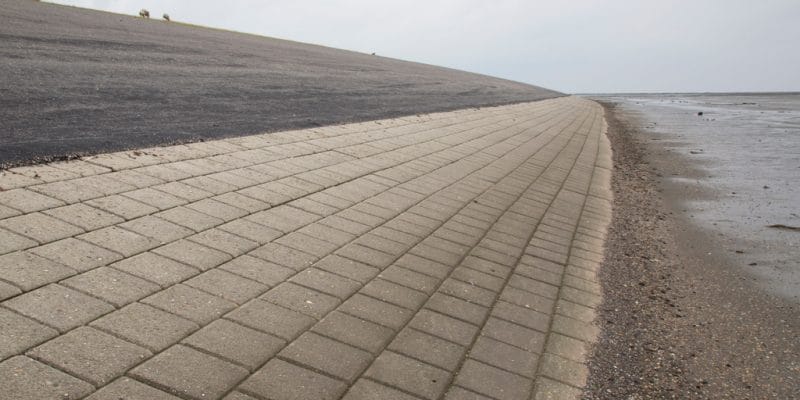In Togo, actors operating in the management of the coastal zone are in conclave in Lomé, the capital. The High Council for the Sea and the coordination of the WACA-ResIP project are working on the establishment of a joint mechanism for future operations to preserve and enhance the coastal area of this West African country.
Coastal areas and their wealth represent about 42% of West Africa’s gross domestic product (GDP) according to the World Bank Group. But these ecosystems must cope with coastal erosion aggravated by frequent flooding, population growth and development.
In this context, the High Council for the Sea in synergy with the coordination of the West Africa Coastal Area Resilience Investment Project (WACA-ResIP) in Togo, is working to define a joint strategy to avoid coastal erosion at a time when climate change and human activities (marine pollution) are gradually weakening the Togolese coastline 50 km long, from Ghana to Benin.
In Togo, the High Council for the Sea is an institution created by the State with the mission to define the national maritime policy. As such, it is responsible for implementing an integrated and sustainable management of maritime spaces, while setting all the necessary means to preserve the safety of navigation and the safeguard of human lives at sea.
A legal and technical arsenal
In order to promote various measures to fight against coastal erosion in this West African country, the actors of coastal protection advocate the fixation of dunes, the construction of protective structures and dykes, the restoration of wetlands, mangroves, lagoons and drainage systems. In addition, the authorities are concerned about improving watershed management to prevent flooding and oil spills.
Read also-TOGO: Population resilience to coastal erosion involves agriculture
In 2015, the Togolese government defined a framework to secure the country’s maritime spaces. In Togo, the law condemns any legal or physical person who incinerates or buries waste in the public maritime domain. Draconian penalties are also in sight for the extraction, sale, transport and purchase of marine sand. The abandonment of any motorized vehicle and bicycles on the beaches or along the shoreline outside the reserved areas is also considered an act of transgression.
Benoit-Ivan Wansi







